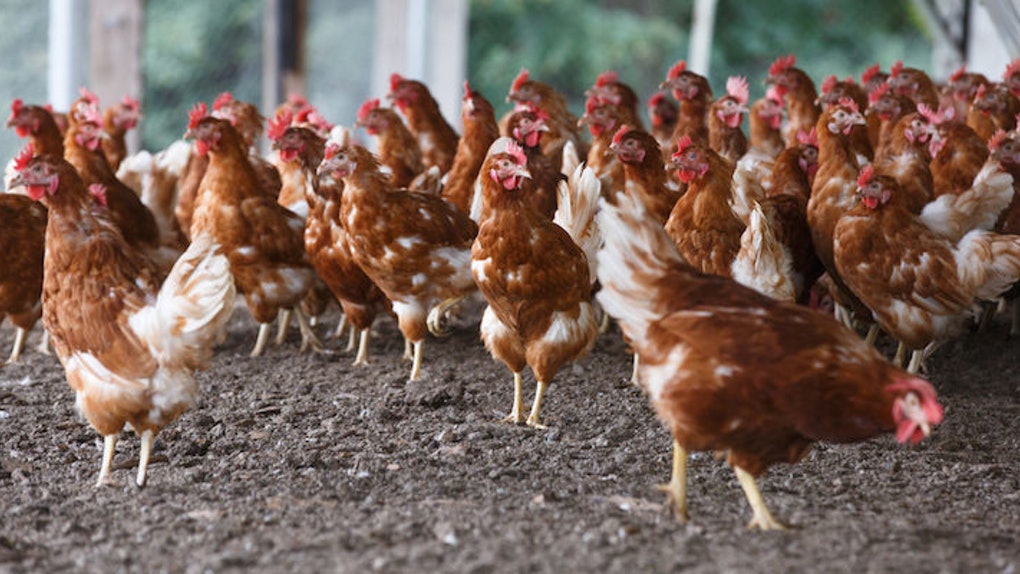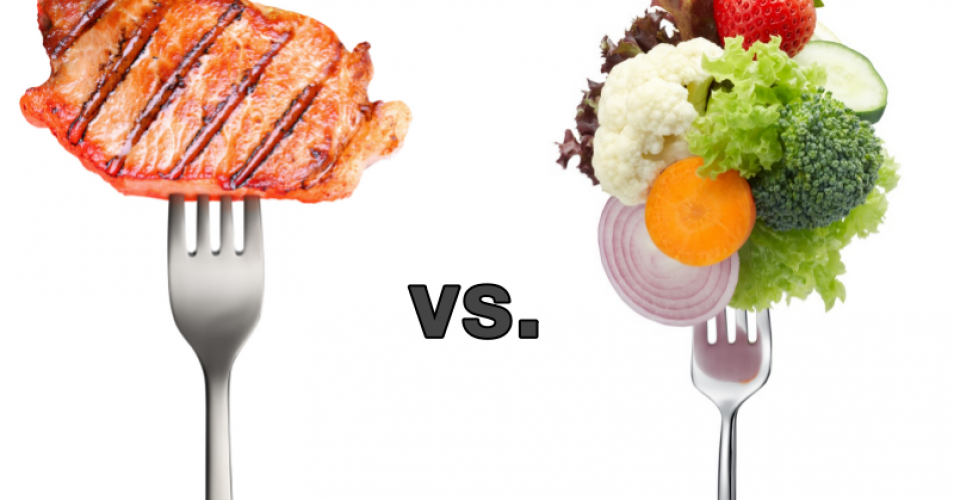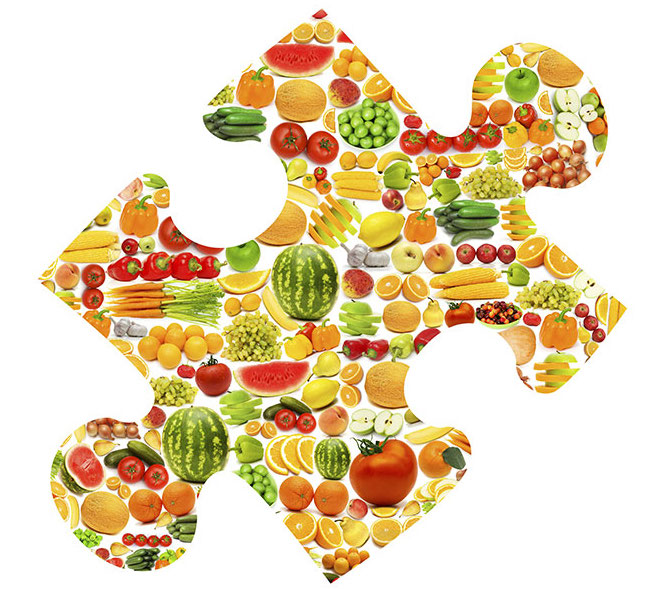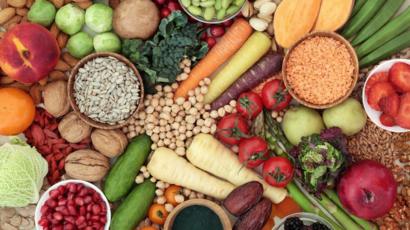Will it make any difference to the environment if I chose to go vegan?
For every plate of meat, an animal dies! Inarguably, killing is a brutal process, hence, has traumatic impact on the one killing the animal and the one getting killed. Milk industry has its own warped systems to make animals forcibly and continuously pregnant. Does this sound sane and natural?
The high fat and cholesterol content in some meats may increase your risk for high cholesterol and heart disease. Conventionally raised beef and milk, often contain hormones and antibiotics, which can be counter-productive to one’s health.
Yet, the most convincing case that goes in the favour of turning vegan is in its contribution in ‘reduction of water footprints’.
Water Footprint on Crop vs Animal Farming: Animal farming certainly causes pressure on the globe’s freshwater resources!

Animal products generally have a larger water footprint than crop products. The same is true when we look at the water footprint per calorie. The average water footprint per calorie for beef is twenty times larger than for cereals and starchy roots. When we look at the water requirements for protein, it has been found that the water footprint per gram of protein for milk, eggs and chicken meat is about 1.5 times larger than for pulses. For beef, the water footprint per gram of protein is 6 times larger than for pulses. In the case of fat, butter has a relatively small water footprint per gram of fat, even lower than for oil crops. All other animal products, however, have larger water footprints per gram of fat when compared to oil crops. From a freshwater resource perspective, it is more efficient to obtain calories, protein, and fat through crop products than animal products.

So, what does it mean? Should we go vegan or not?

It is an individual decision! Decisions about food consumption depend on one’s culture, habits, health factors, availability, and affordability, before they become moral convictions. As markets develop and people evolve, people will form their individual opinions about what to eat.
No one can be or should be compelled to adapt to a food habit they are not geared for. Humans will take their time and be guided by their own experiences to change their food habits. Having said this, veganism is definitely a futuristic path to embrace!
Around 25-40% population (depending upon the source) of India is vegetarian, and there is ample of indigenous knowledge already present regarding the plant-based food. Indians could have made a natural shift to veganism had ‘cow’s milk’ not been such an integral part of their lives. We are so fixated with cow’s milk nutrition that eliminating this from our diet would be perceived as severing the ‘lifeline’.

Then there are logistic challenges. For Indian populace to even make a temporary shift, would require a far more plant-based vegan products’ knowledge. Probably a mass ‘behaviour change communication’ to equip people with plausible alternatives. Moreover, the raw material and the plant-based products must be made readily available at mass affordable prices.
The resolution to go vegan is also hampered because of the gaps in scientific knowledge and uninformed medical practitioners. Unless the medical fraternity starts to endorse the vegan lifestyle, the progression would be slow. A niche lifestyle cannot be permanent!